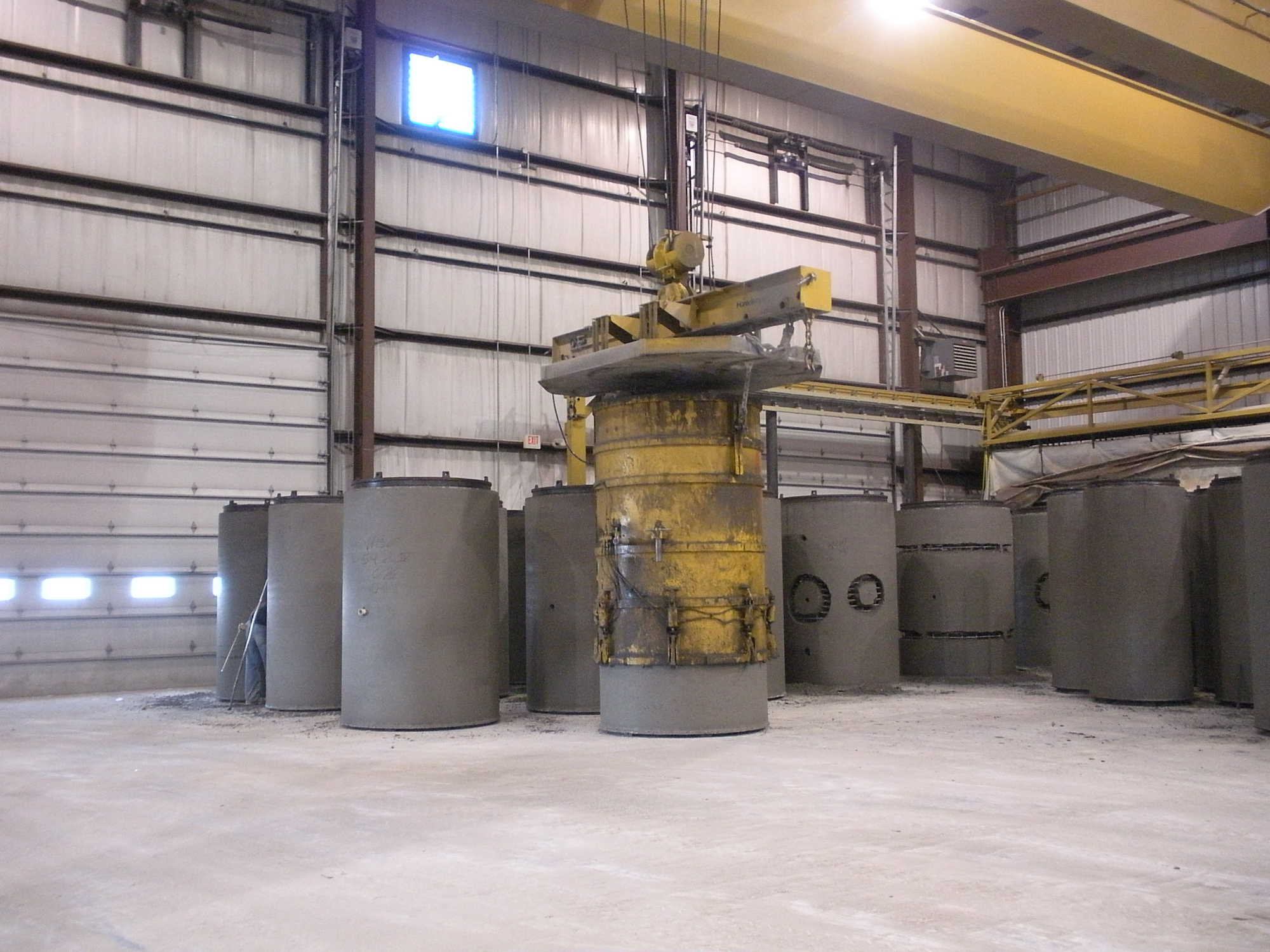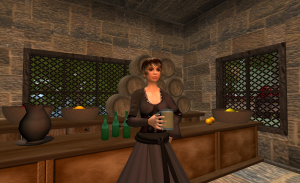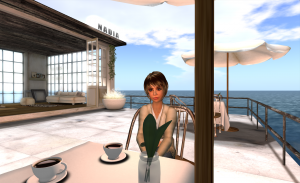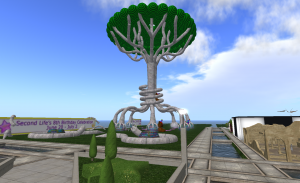
I am not sure what it is about Facebook that causes professionals to lose all their judgement and ability to reason and act as an adult particularly when it concerns personnel matters. One outcome of this is that employers are allowing themselves to get caught up in their employees' personal, non-work related use of this online communication platform. And this is happening even though normally what employees do when they are on their own time is not really a matter for concern for employers unless the employee gets involved in criminal activities. And in that case, it usually becomes public knowledge, and the employer need not worry about doing their own investigation. So, this shift to focus on one specific non-work activity does not really make sense or seem right. But what has been more disturbing is that education professionals in the public school system, specifically adminstrators, are practicing this same type of intrusion into the private lives of their students.
When this violation of privacy into a student's private Facebook account occurs, there are several critical differences from the violation of privacy of an adult employee:
- The chances that a student under 18 fully understands their rights is minimal while an adult usually has a better chance of understanding their rights.
- The administrator has a position of authority at a school so the student is more likely to be hesitant to disobey or not go along with requests to share their private, online account. An employee usually respects the employer's authority, but not usually to the point that abuse of their rights is tolerated.
- The administration at a school can, if not monitored or managed well by a superintendent or board, can cause a student problems or harass them if the student does not go along with this violation of privacy. If this happens to an employee they can seek another job; the only way a student can realistically "quit" that school is to have their family relocate their home. This could be a major disruption to a family relying on jobs or having other kids in that school system.
- A student might be worried that if he does not go along with the administrator's request, his or her parents could be called increasing their chances in their mind for getting into trouble or being embarrassed by having their parents read their private messages. I don't think too many employees have to worry about their employer calling their mother to share secrets lurking in their Facebook messages.
- For education to successfully occur, there needs to be some level of trust by the student in the adults at their school. And once this trust is broken by a violation of the student's privacy, the environment is no longer conducive for education or participation in other school-related activities to occur. A breakdown in trust between employer and employee might be tolerated for a while, and if it cannot be, the employee has the right and choice to quit.
Wake Up Call to Public Schools
Why is all this important or critical for a school to acknowledge and understand? Based on the social media education we have had at our city, it seems that this practice opens up an employer, or in this case the school, to legal liabilities. If they are regularly monitoring or requiring students to share private account information and messages, we learned they can risk liabilities based on what they read. And what is also critical is if this practice is preventing education from occuring, then schools risk not carrying out their primary mission.
Violation of a Student's Privacy is a Violation of a Family's Privacy
While abuse of privacy by employers and even colleges has become public knowledge and legislators are beginning to consider passing laws to prevent this, there seems to be little information about the abuse occurring at the public school level. Parents are probably not aware this is going on because few teens are going to run home and tell their mom or dad they were called into their counselor's or principal's office to allow full access to their Facebook account. It's embarrassing, and what teen wants to risk having to share their private messages with their mom or dad. But I can't imagine most parents would be happy to know their child is being forced to open up a window not only into their own private life, but potentially the lives of all of their friends and relatives. This intrusion ends up not only violating the privacy of the child, but also that of their whole family and the lives of their friends. Would most people be ok with their child's principal or counselor reading all about every matter that goes on in their family?
The other issue in all this is if the school is doing something so risky as forcing kids to share private Facebook accounts and messages, they probably have not developed a policy for dealing with it all. So what is to stop the principal from printing out a child's message about the fight their parents had last night or how they found out they have a serious disease or illness or how they lost their job and are worried about making ends meet. And then what is to stop that principal from sharing that with anyone else? If there are no policies, how can this practice be regulated and how can parents be assured their own privacy has not been violated?
I only became aware of all this myself and the problems it introduces because one of my children was the victim of coercion and eventually violation into her private account by school officials. When it occurred, it created tremendous stress and problems for my family because of its effect on my daughter. Her trust in and the respect of the adults at her school has been shattered to the point that she is struggling to look beyond this abuse and allow for the education process to occur. And because I also can no longer trust them to perform their duties with good judgement, I have trouble knowing how to counsel her on how to handle situations at school.
Legislation Desperately Needed
When I read about the push to pass legislation to prevent employers and colleges from requiring access to social media accounts, I realized this needed to be extended to include public schools. And I realized many school officials might not realize these practices are going on. Fortunately I have been able to discuss this with Bradley Shear, an attorney championing this legislation throughout the country. And hopefully if others become aware that abuse in public schools is a real issue, he will be able to convince legislators to also regulate those institutions with these laws. So I decided to go ahead and write this blog to let others know this is going on and to indicate support in adding public schools to these laws. If you want to read the general details of our own, personal experience, I've shared them below.
Our Experience
Normally I don't like sharing the nitty gritty details of my family's life, particularly on my blog. But I'm doing so because it brings to light an issue government agencies need to be made aware of and only by sharing can we convince legislators there is a real problem. In our particular case, the abuses and actions by the administrators at my daughter's school have been appalling. It started because a teacher heard another student spreading rumors about my daughter – all of it unrelated to school and nothing against the law. So the school called in my daughter to demand to know if the rumors were true. This went on for some days, without my knowledge, and culminated in them asking her to open her Facebook account to them which she did. Then the vice principal called me to demand I come to the school immediately to read through her private messages. At the time I was out of town for work and could not make it back until later that night. She had obviously kept the account open long after my daughter had left and told me she would keep it open until I got there. She was almost hysterical about the whole situation also demanding I punish my daughter for what she had supposedly done. I tried to explain I could not come in and did not feel comfortable punishing my daughter for something I could never prove to have occurred. Finally at the end of our conversation, I told her to close the account, and I would contact her the next day.
But after I hung up, I began to realize what a violation of my daughter's privacy this whole episode was. It did not appear that my daughter had done anything wrong at school yet they had subjected her to an investigation as if she was a criminal and then read through all her messages which would have been equivalent to my teachers going through my diary when I was in grade school. Of course I found out when I got home that this had taken a huge toll on my daughter who ended up crying through most of the rest of the day and therefore missed most of her classes. She was embarrassed and very upset. Particularly so because their line of questioning had also been sexual in nature with them demanding she share with them everything she had done sexually. In this day and age, I just cannot imagine how a school administrator could confront a 13-year old girl and demand to know the extent of her sexual experience.
So the next day, I spoke with the principal thinking he would set things straight. But instead I learned about even more disturbing practices. He explained that the reason they had to interrogate my daughter was because the punishment for spreading rumors is different depending on if the rumor is true or not. So he insisted of his need to conduct an investigation into the truth each time they hear a rumor about a child. And obviously he did not see a problem with not contacting a parent first. I tried to point out that by not contacting a parent first, particularly with questioning related to the sexuality of a student, they risk many issues. I asked him if he ever considered they might be interrogating a child who had been a victim of sexual abuse and without first consulting a parent they would risk further causing pain for that child? Fortunately in our case, my daughter does not have that background, but how would they have known if they had not first called a parent? He said he cannot call parents until he has the truth. I told him not to pry into the private lives of my children. And he said he cannot do that – it is his obligation to look out for the morals and ethics of the children at his school. And if he feels they are not leading a moral life (obviously according to his standards), he is going to launch an investigation. And only if he finds they are in fact exhibiting poor behavior will he contact parents. And even then he said he doesn't like contacting parents because most kids don't want their parents to know anything and would rather just talk to him. Of course, I ended the conversation by making it clear he did not have my permission to interrogate or invade the privacy of any of my children without first discussing it with me unless they were violating some school rule. I also indicated I felt he was depriving me of my right to parent my own child and that his staff desperately needed some education in how to handle these matters. His response was, "Fine, for the Broviak children, I will call you first."
I struggled with legally pursuing this matter because it was so stressful and disruptive to my family. It definitely affected my daughter's grades and her relationship with the school. But because we have other children who will or are attending that school and did not want to risk having their education jeopardized, we chose not to pursue litigation even though I was advised we would have a case. Also, I thought it was more important that the school realize they need to change their practices and stop any other child from going through this.
When I learned a few months after this that the counselor had told another mother not to allow her daughter, who was one of my daughter's best friends, to spend time with mine, I finally called a meeting with the principal and school superintendent. Again I tried to emphasize how wrong these practices were, that they were violating our rights by doing these things, and that they desperately needed to educate their staff. But both men disagreed with my assessment and even went so far as to deny a lot of this happened. Even though I talked to the other mother myself, they said that never occurred. So the only outcome was to change the counselor that my daughter would report to.
For now, they have not again approached my daughter for her private information. We are trying to get through the last part of 7th and hope to make it through 8th with no more problems. But my daughter says they are still regularly taking kids into the counselor's office and telling them they cannot leave until they open up their Facebook accounts to their scrutiny. I asked her what the kids do and she said, "they let them see the accounts because otherwise, they are not allowed to leave the room." And that is just wrong, and something tells me the school's attorney would not be too happy to find out this was happening on a regular basis.








